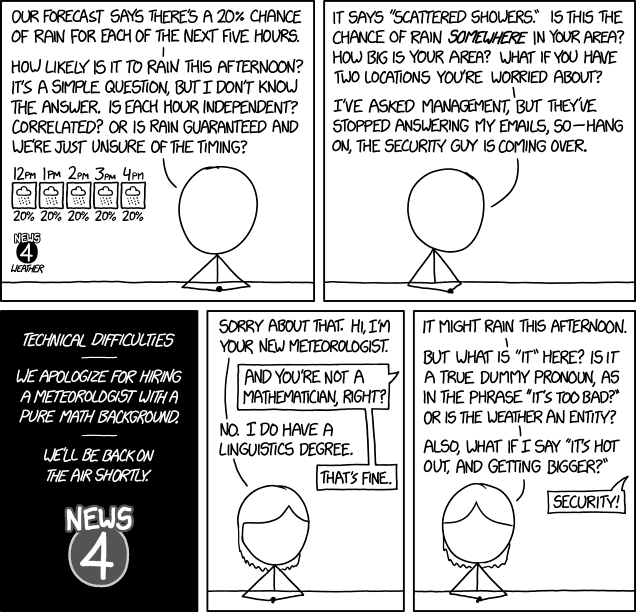In the recent decision enjoining the suspension of DACA (but giving the government a 90-day mulligan), the court referred to the people who are affected by DACA’s suspension as “undocumented aliens” rather than “illegal aliens,” and it dropped a footnote explaining why it made that choice:
Some courts, including the Supreme Court, have referred to aliens who are unlawfully present in the United States as “illegal” instead of “undocumented.” See, e.g., Texas v. United States, (explaining that this “is the term used by the Supreme Court in its latest pronouncement pertaining to this area of the law”); but see Mohawk Indust., Inc. v. Carpenter (using the term “undocumented immigrants”). Because both terms appear in the record materials here, and because, as at least one court has noted, “there is a certain segment of the population that finds the phrase ‘illegal alien’ offensive,” Texas v. United States, the Court will use the term “undocumented.” [pdf (citation details omitted)]
Although the court didn't similarly decide to use immigrant instead of alien, that may well be due more to the fact that alien is a frequently used term in the context of immigration law than to any view about the term's possible offensiveness.
The first case mentioned in the footnote, Texas v. United States, is the decision by the U.S. Court of Appeals for the Fifth Circuit that had enjoined the DAPA program (Deferred Action for Parents of Americans and Lawful Permanent Residents, which was related to but separate from DACA, which stands for Deferred Action for Childhood Arrivals). That decision used the term illegal aliens rather than undocumented aliens, but like Tuesday’s DACA decision, it explained its choice of terminology.
Read the rest of this entry »


